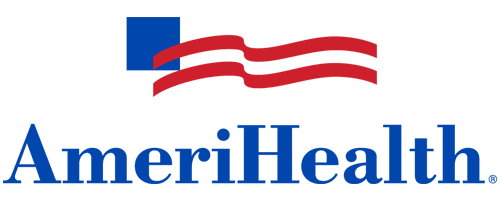Our clinical team determines what types of services you need, as well as what length of stay is required, based on a thorough evaluation. This initial evaluation allows us to assess whether you may need medical detox, inpatient (residential) rehab, outpatient treatment, or a combination of these. Often, our clients move through each stage of treatment until they have developed the skills they need to effectively manage their substance use disorders outside of our facility.
For outpatient clients, we also provide telehealth treatment. This allows our patients to continue their recovery from the comfort of their own home. We also offer a family program that helps strengthen, support, and rebuild familial relationships.






















